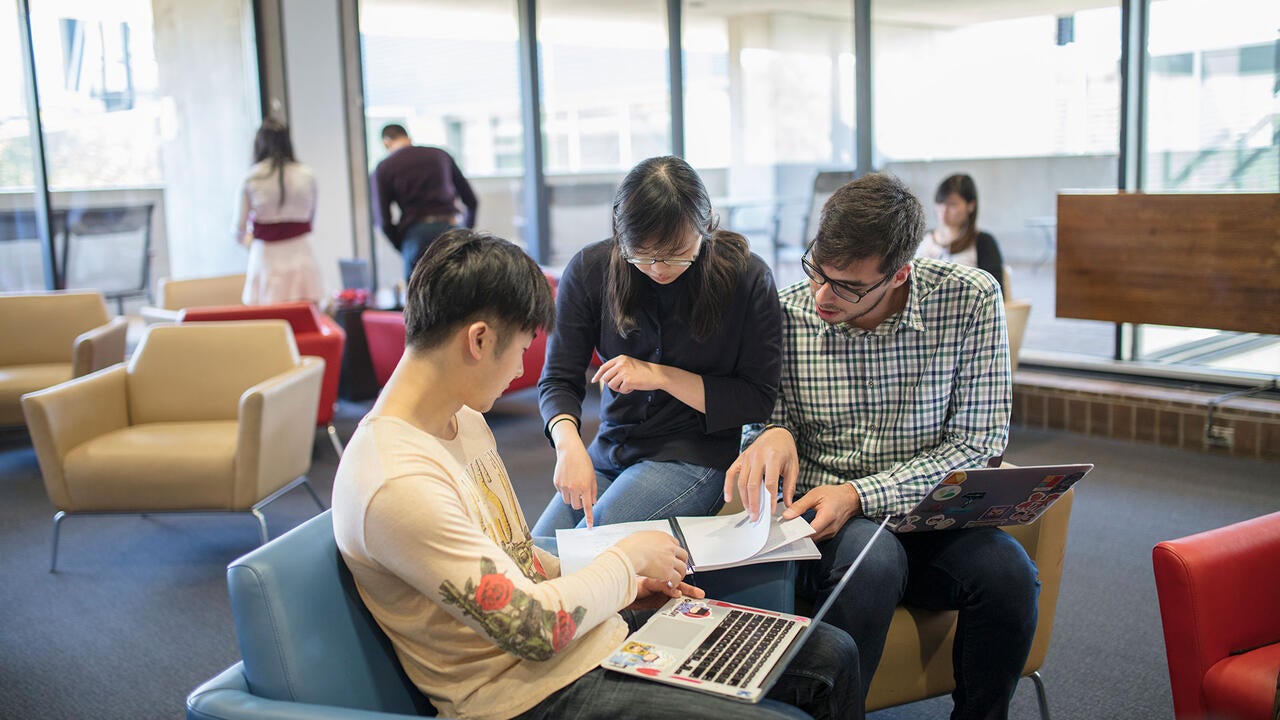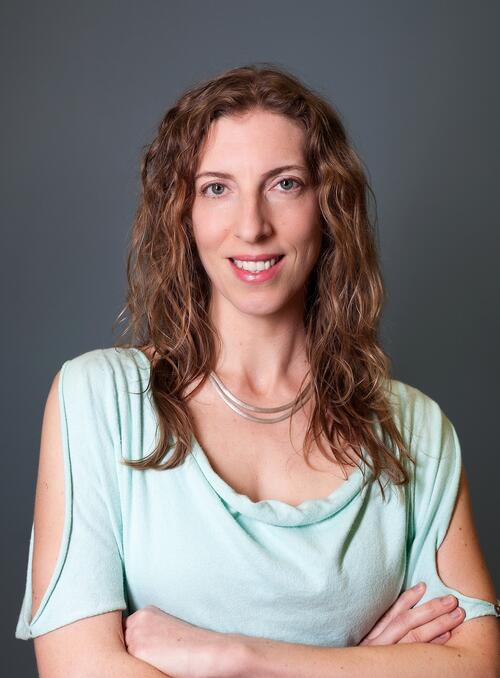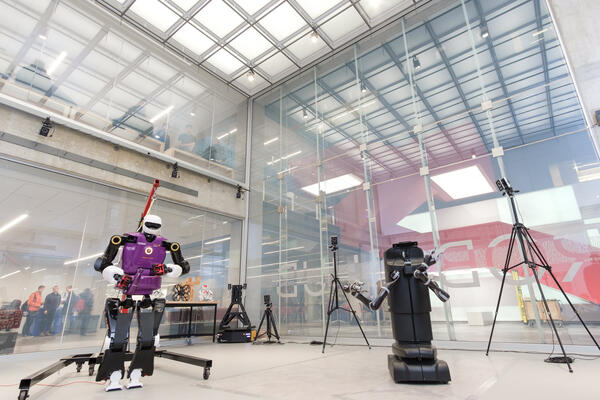
Ethical by design
New framework aims to avoid unintentional consequences of technology

New framework aims to avoid unintentional consequences of technology
By Stephanie Longeway University RelationsWe have an intimate relationship with technology. It is infused in our daily life, from our home and car to our finances and health care. As we welcome new technologies into our most personal spaces, there is a growing recognition that design-based thinking needs to consider ethics and the users it serves.
“Technology developers on average want to do the right thing, but often feel like ethics is someone else’s job,” says Jennifer Boger, director of Waterloo’s Intelligent Technologies for Wellness and Independent Living lab. This is a sentiment she is trying to change with her new manifesto, Ethical by Design.
Boger and her collaborators want to empower creators of technologies and systems to better-consider the ethics of what they are building, at every stage of the development process. The manifesto proposes a set of principles acting as signposts for developers to consider, discuss and support in the technology they are designing.
“The potential to help is immense,” says Boger, who also teaches the biomedical engineering ethics course, a core course for all undergraduate biomedical engineers at Waterloo.

Jennifer Boger Professor, Systems Design Engineering, Faculty of Engineering
“The framework seems to resonate the most with industry right now. This may be because, while there are other initiatives out there, there is a gap for something that is readily available and can guide development day-to-day,” she says.
But it’s not just industry who is paying attention to this ethics framework. The manifesto also sparked interest from academics, government and NGO’s, including the World Health Organization. This past May, Boger was invited to the UN’s AI for Good Summit to participate in a panel and lead a workshop on the ethical by design concept.
“It’s not just for computer scientists, engineers or philosophers, it’s for all people and sectors engaging in creating tech or systems,” Boger explains. “I want anyone working in development to be able to pick up the framework and understand how the principles apply to them.”
In order to make the framework as accessible as possible, Boger and her team avoid using jargon and domain specific language. She is doing this by partnering with several researchers from across faculties including Mathematics, Applied Health Sciences and Arts, as well as national and international collaborators from academia, industry and government.
Mathieu Doucet, a professor in Waterloo’s Department of Philosophy, is one of the researchers working with Boger. Both Boger and Doucet are members of Waterloo’s Centre for Bioengineering and Biotechnology. The centre’s focus is on research collaboration to understand how technology works with biology and people to make a better world.

Mathieu Doucet Professor, Philosophy, Faculty of Arts
For Doucet, this collaboration is a natural fit. “Teaching at Waterloo, I am used to talking to non-philosophers about applied ethics,” he explains. “It is great to have so many people in a room from different departments and disciplines. Everyone is bringing a different set of expertise and questions.”
Boger and Doucet are looking forward to their next phase of research where they will build-on the framework with guidance from focus groups and interviews of stakeholders from across all sectors. They are constantly challenging their language and assumptions with the ambitious goal of making the principles broad enough to recognize advancements in technology, but also specific enough that they can become actionable goals now.
“We want people who are doing the work to be able to apply the principles,” explains Doucet. “We want people to say, ‘I can see how in my job this applies to what I am doing.’”
Technology is not inherently good or bad. Boger notes that, “technology is a tool, how it is used is what determines its morality.”
She wants developers to consider how they build technologies in a respectful way that gives people choice about its use and is transparent about what the technology is doing.
“Not only is it the right thing to do,” Boger says, “but if you develop ethically inherent tech and systems, they will be more readily adopted because they naturally align with what people want. People will be more likely to embrace it.”
Trying to guard against the unintended consequences of technology is in the best interest of society as well as the developer, who may incur delays and even out-right rejection of a final product.
“We want to give people principles that are going to let them anticipate potential problems before they develop,” Doucet explains. “A bad case scenario is that you develop something you are really excited about and is useful in a specific context, but you don’t think about the various risks. If it goes to market, it may turn out there are some unanticipated privacy concerns or autonomy concerns and then you’re scrambling to fix it. If we can get people to see from the very beginning of the process all the different values that might come up, this scenario is less likely to happen, and they will develop better tech.”
The manifesto is in the process of being updated, however you can read the current iteration of 'Ethical by Design' for free online.

Read more
Waterloo researcher is using AI to make legal document review more effective and efficient

Read more
University of Waterloo partners with True North 2019 to explore the social impact of technology

Read more
International robotics expert Katja Mombaur is coming to Waterloo Engineering from her native Germany
The University of Waterloo acknowledges that much of our work takes place on the traditional territory of the Neutral, Anishinaabeg and Haudenosaunee peoples. Our main campus is situated on the Haldimand Tract, the land granted to the Six Nations that includes six miles on each side of the Grand River. Our active work toward reconciliation takes place across our campuses through research, learning, teaching, and community building, and is co-ordinated within the Office of Indigenous Relations.